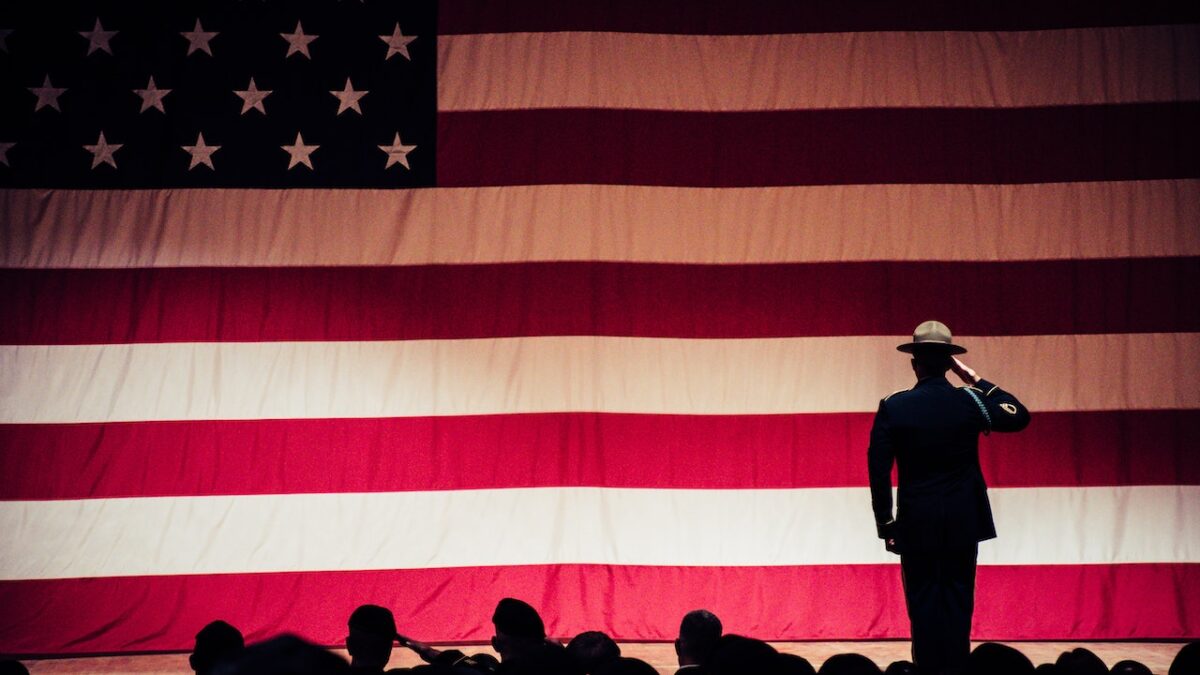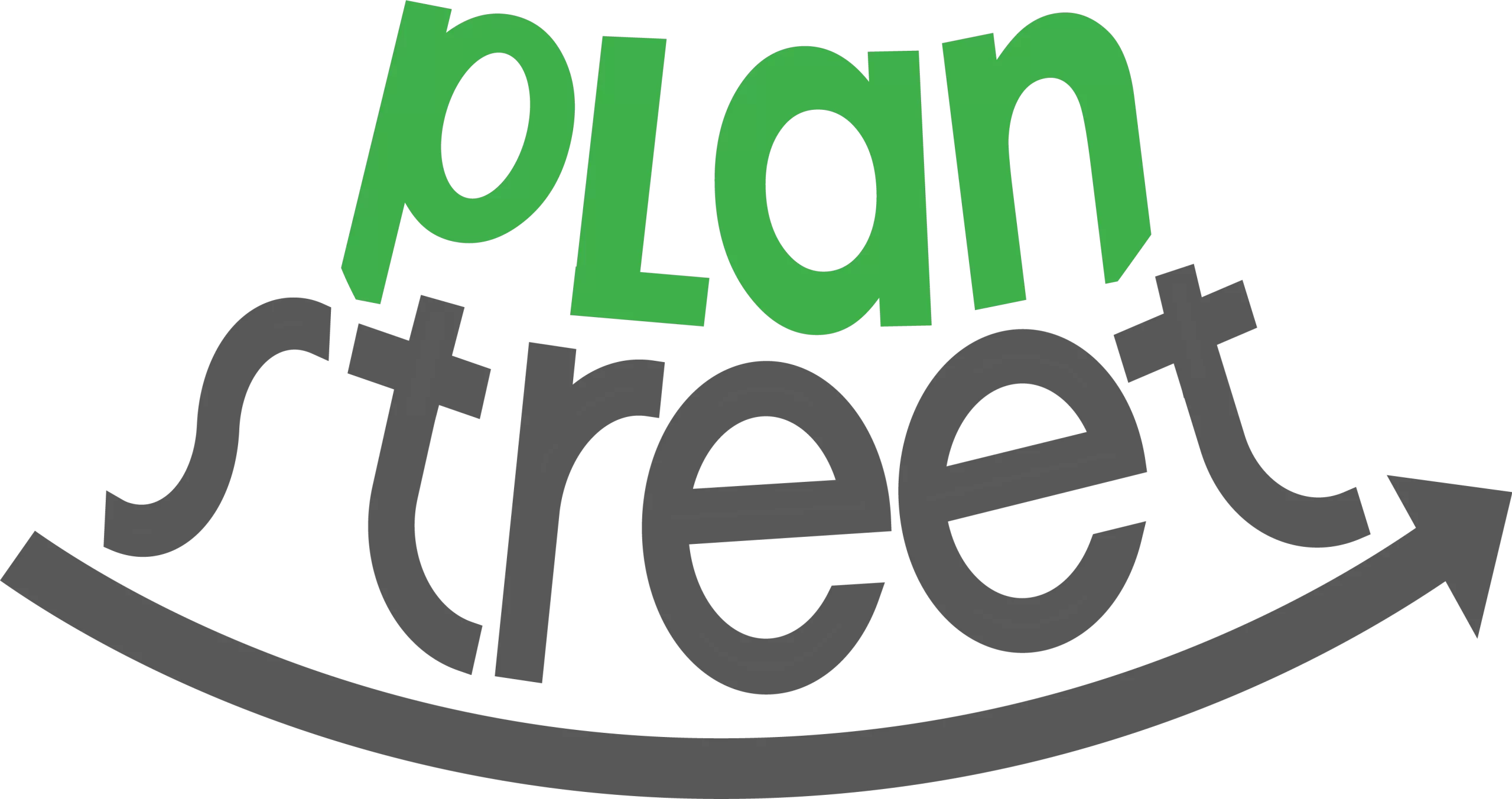The case for Veteran Case Management

More than seven thousand U.S. military members have died fighting wars in Iraq and Afghanistan since 2001, a twenty-year stretch that has included the longest wars in our nation’s history — so long that the conflicts have faded from memory for many Americans.
Not surprisingly, in America today, only around seven percent of adults have served in the military — a drop of more than half from 1980 — and less than 0.5 percent of the American population are active-duty members of the U.S. Armed Forces. That means the chances are high that you can go through most days, never encountering anyone who has volunteered to be troops on the ground wherever the United States has a military presence.
As a group, veterans have an enormous impact on our lives. According to the 2021 Veterans Civic Health Index from the National Conference on Citizenship and others, vets are more likely to volunteer, vote, give to charity, trust their neighbors, and work to fix community problems. They also are more likely to work than non-vets. Ignoring the needs of a productive and patriotic population is detrimental both economically and politically.
Once a military man or woman completes service and returns home, they must adjust to a new life. Years of being at the war front mean veterans have likely lost skills from their earlier civilian lives; families may have moved on, and social circles might have dissolved. Thus, veterans may feel completely lost, helpless, and overwhelmed as they return to regular life and have to relearn all that goes into modern urban civilian life.
While those who have served to protect our country often struggle to adjust to everyday civilian life once they return, they deserve all the best care we can give them, to meet their needs and protect their physical, mental, and financial well-being.
Veteran experiences and needs can be complex and unique. Many veterans experience unusual challenges as they acclimatize to civilian life. Some find this change more difficult than others, and those with limited support systems may need additional help. Civilian life is a significant change for veterans as they are accustomed to a disciplined, structured life in the armed forces. Suddenly, they are now part of a world that requires them to have a range of new skills and to pay attention to multiple arrangements necessary for civilian life.
Veteran case management can be a valuable tool to help veterans integrate into their new lives. Whether helping them with health and wellness services, setting them up with employment and training, or helping with physical and social stabilization, Social workers can help individual veterans deal with their specific problems and help them reach their desired lifestyle.
Objectives of veteran case management programs include:
- Physical and psycho-social stabilization
- Development of life skills in areas including coping, communication, conflict resolution, and skills that aid in recovery from acute adversity such as job loss, substance abuse, PTSD, and mental illness
- Development of employment skills and training to prepare veterans for successful reentry into the workplace is also essential.
Most veterans have some basic needs including:
- Supportive Services for Veterans and their Families (SSVF): veterans need to connect with their families and with programs that provide counseling, employment services, higher education opportunities, utility support, and others.
- Housing Services: Some veterans may need a home to return to. You can help them find safe and stable housing. Military members face specific circumstances that make vets more prone to homelessness.
- Behavioral Health: The mental health aspect of returning home is often the biggest challenge that veterans face. Some may have substance abuse issues, while others work daily to manage trauma- and anxiety-based conditions. Common problems include posttraumatic stress disorder, depression, anxiety, problematic alcohol use, and thoughts of suicide. Many veterans suffer from more than one health condition. In addition, many women and men have experienced sexual trauma, including harassment and assaults, in the military.
Social workers or veteran organizations that want to make a difference in the lives of those who defend and protect our nation should offer the best services to veteran clients. Caseworkers need real-time, updated data, fast processing, and secure and reliable software solutions when delivering veteran services and managing their cases. Using technology can simplify and accelerate service delivery for veterans.
The Next Step
PlanStreet’s holistic case management solution can be the best aid in the mission to help our nation’s heroes come home. Our platform will help caseworkers manage veteran services faster, more efficiently, and in compliance with all government guidelines and regulations.
How can PlanStreet help?
Our powerful veteran case management software provides the following:
- One hub for all data. Using the PlanStreet portal, caseworkers can see every data they need for their veteran clients. Being informed, they can establish practical goals, determine service eligibility, and monitor a client’s journey.
- Assessments: Our various custom assessments allow case managers to gather useful information from veteran clients, like demographics, skills, interests, and current needs.
- Reports: You can easily compile data on your veteran clients and their needs into different formats and document types so it can be presented to fellow staff, administrative boards, and other organizations.
- Grants, funding, and time tracking: You can Keep a close eye on the budgetary details of your organization through our account management and scheduling tools.
- Easy intake and automated Workflows: PlanStreet makes your data entry and management tasks much simpler and more efficient.
- Security and compliance: We offer high privacy and encryption for all client and program data.
PlanStreet’s veteran case management software will assist caseworkers in their mission, and we would be proud to contribute to this honorable endeavor by making case management a breeze for you. Schedule an Introductory call with our representative today to learn more.
